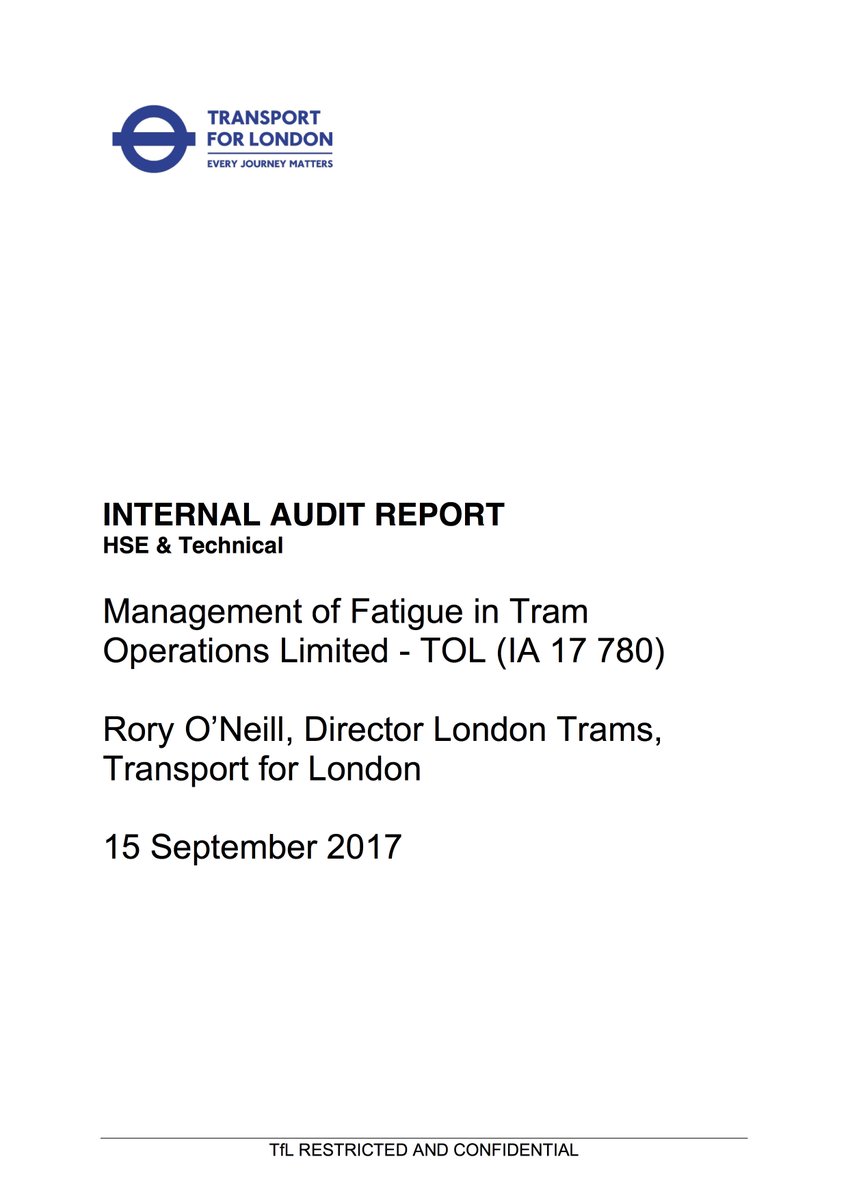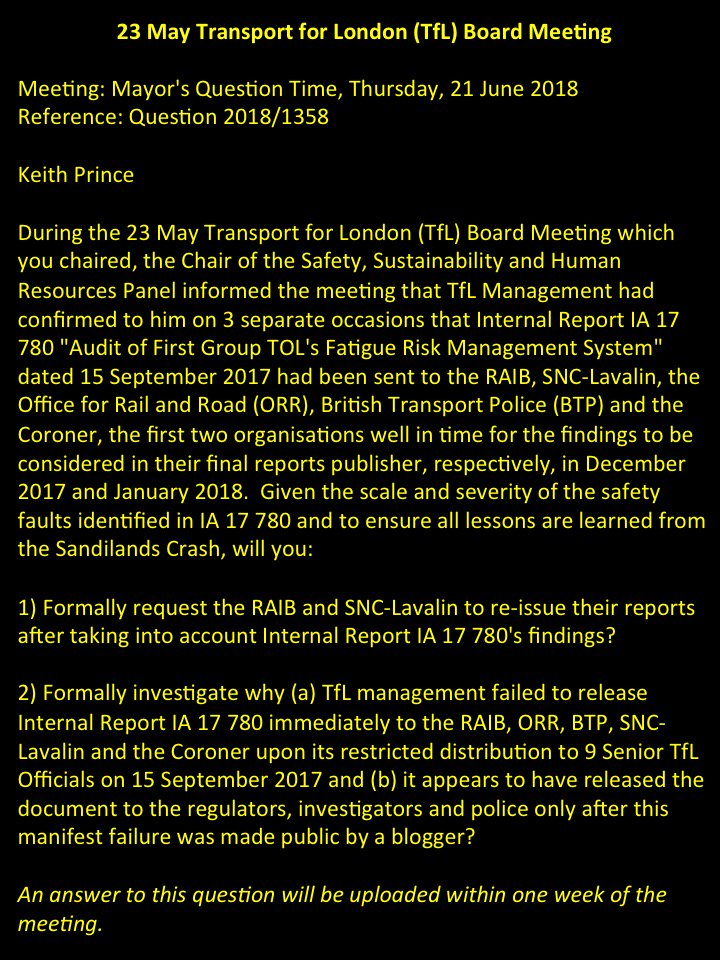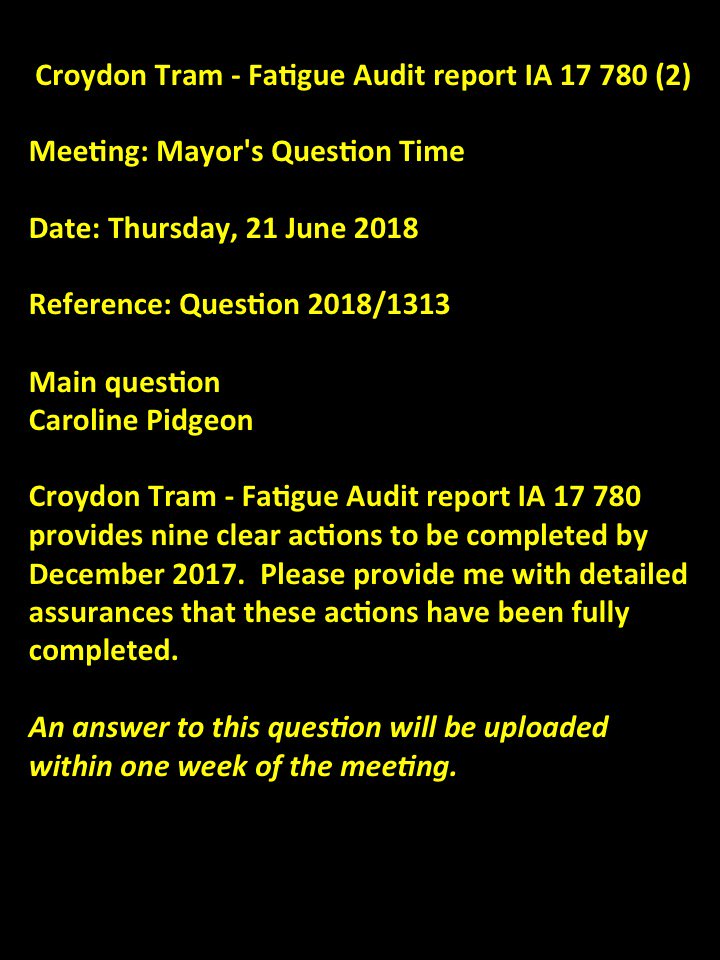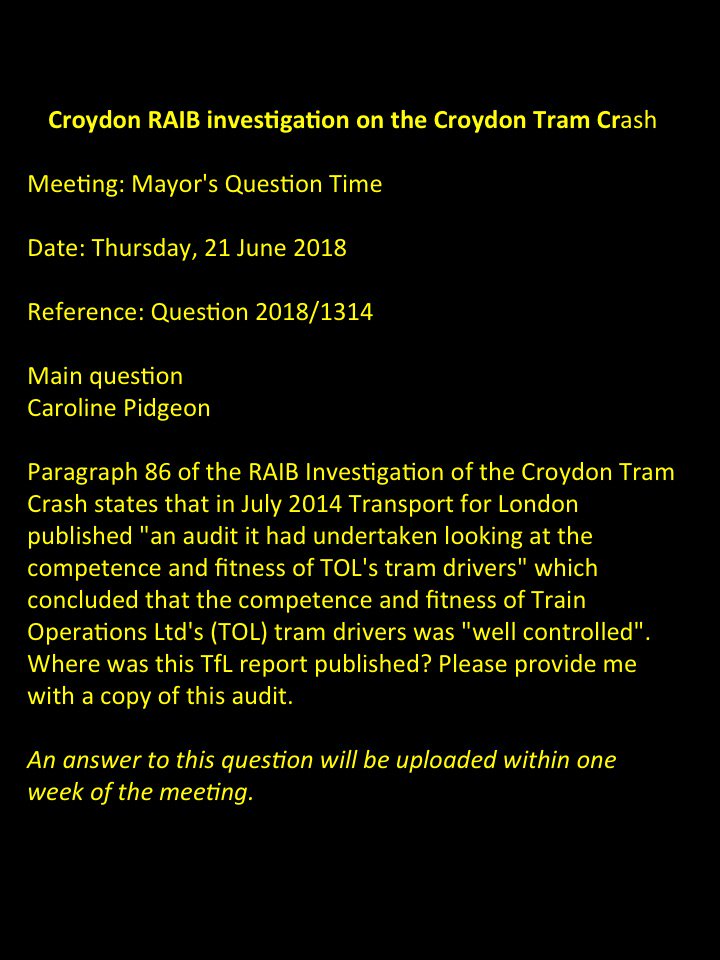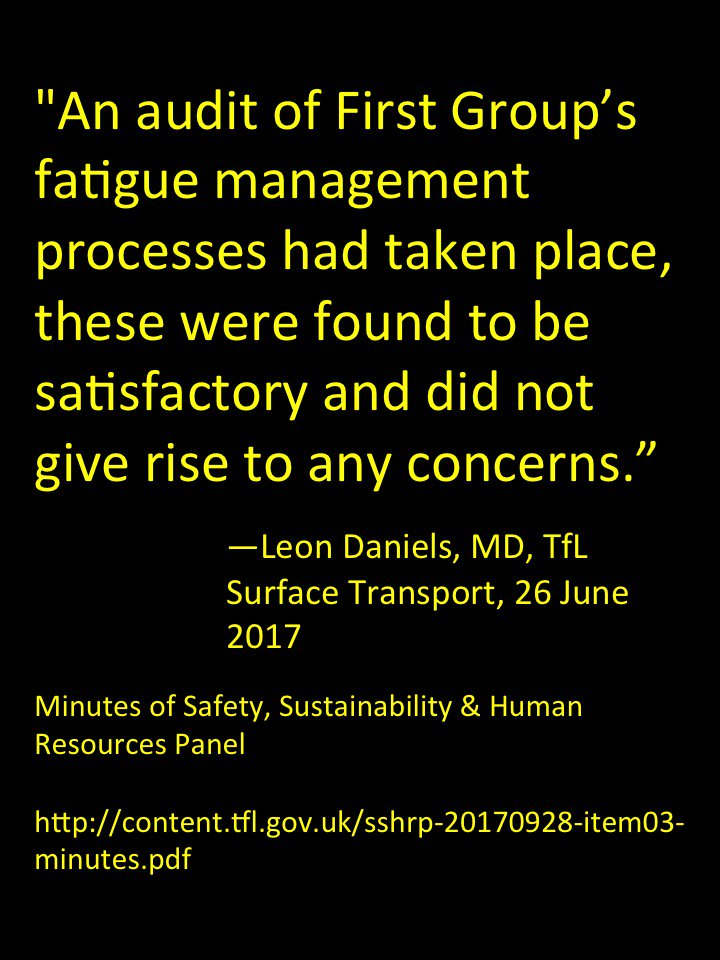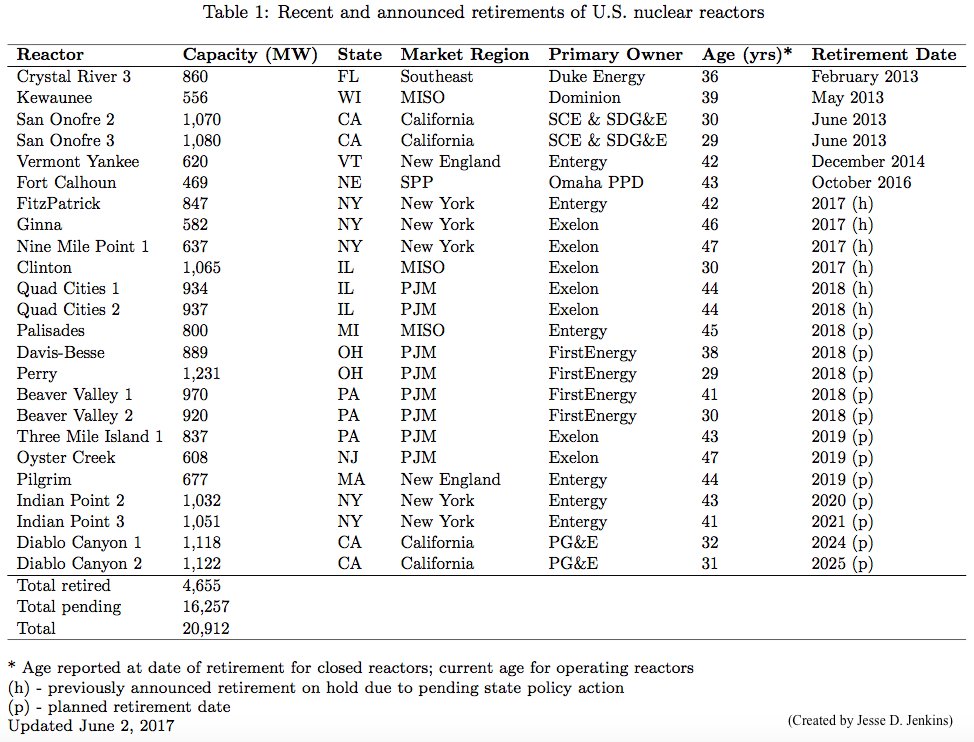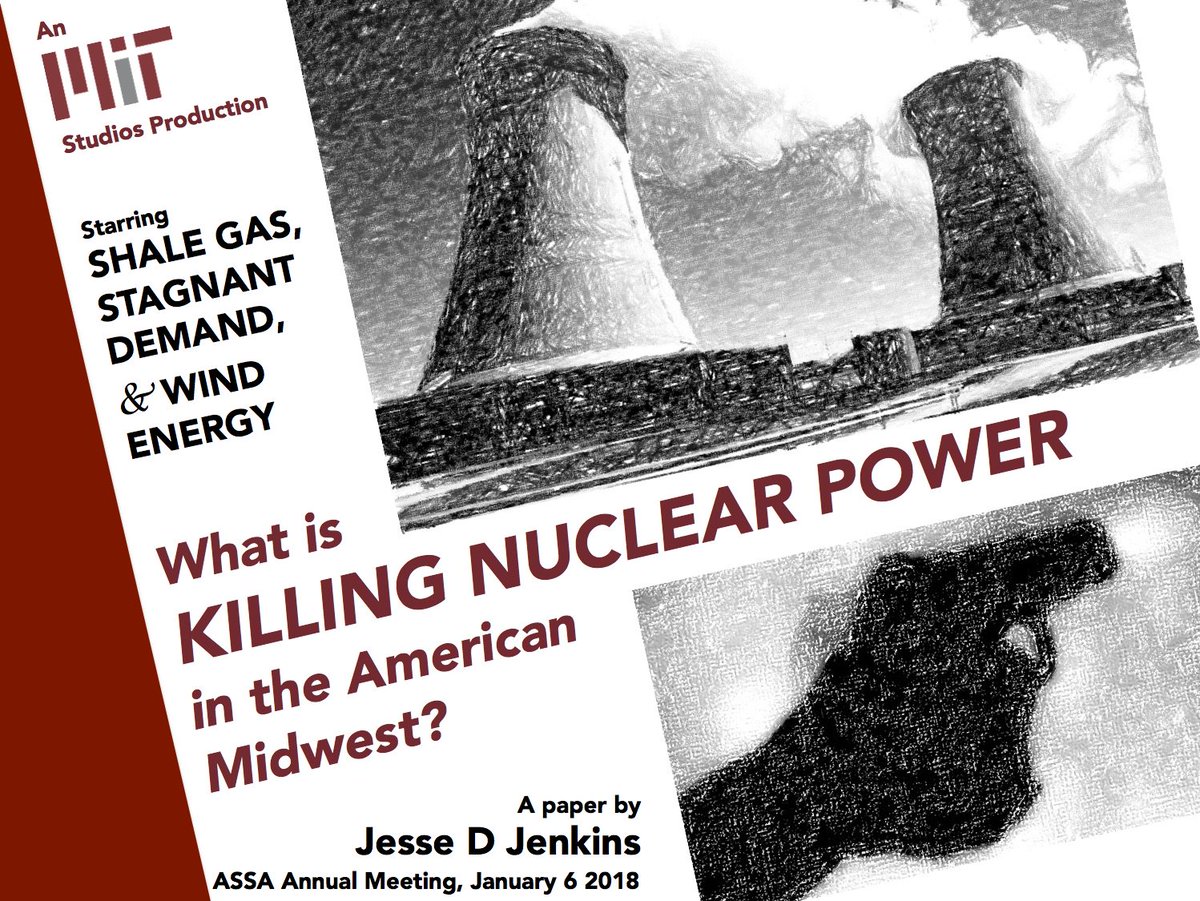amazon.com/Station-Blacko…
washingtonpost.com/outlook/former…
In the fall of 2011, all four of his fellow commissioners criticized him before Congress alleging that after Fukushima, he “became increasingly irrational” and “sort of snapped.”
But, writes Casto, “It was not his job to make predictions or assess conditions that he didn’t really understand.”
"His reaction was not positive. The number of staff requested struck Jaczko as beyond our mandate to provide consultation and advice....
"Chuck Casto, the lead NRC expert in Japan, was my most trusted advisor there...
As a result, far more people were harmed by the fear-mongering than by the trace quantities of radiation that escaped from the stricken plant.
Natural gas & wind energy, it turns out, have death tolls that are 22 times & nine times higher, respectively, than nuclear.
/END





